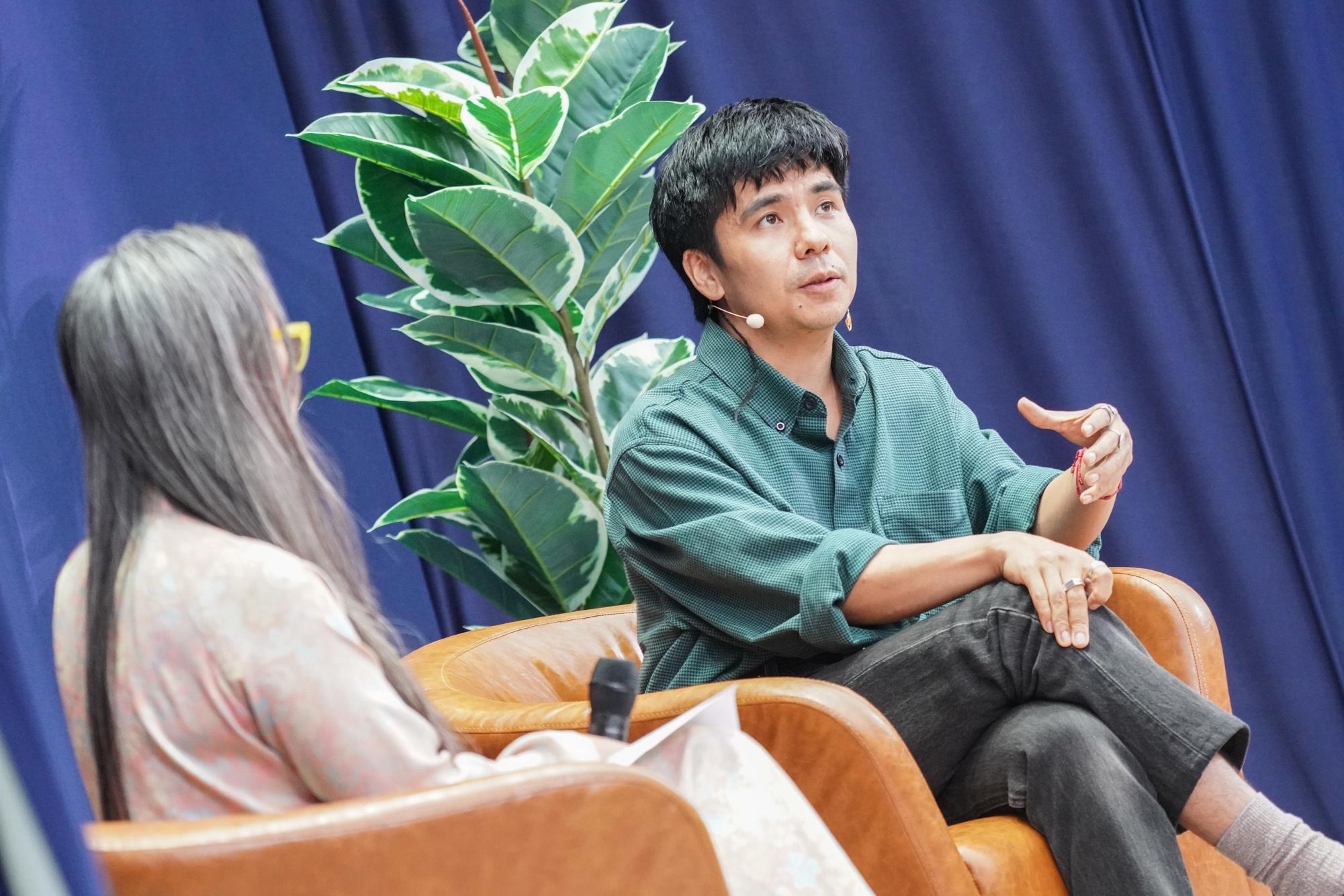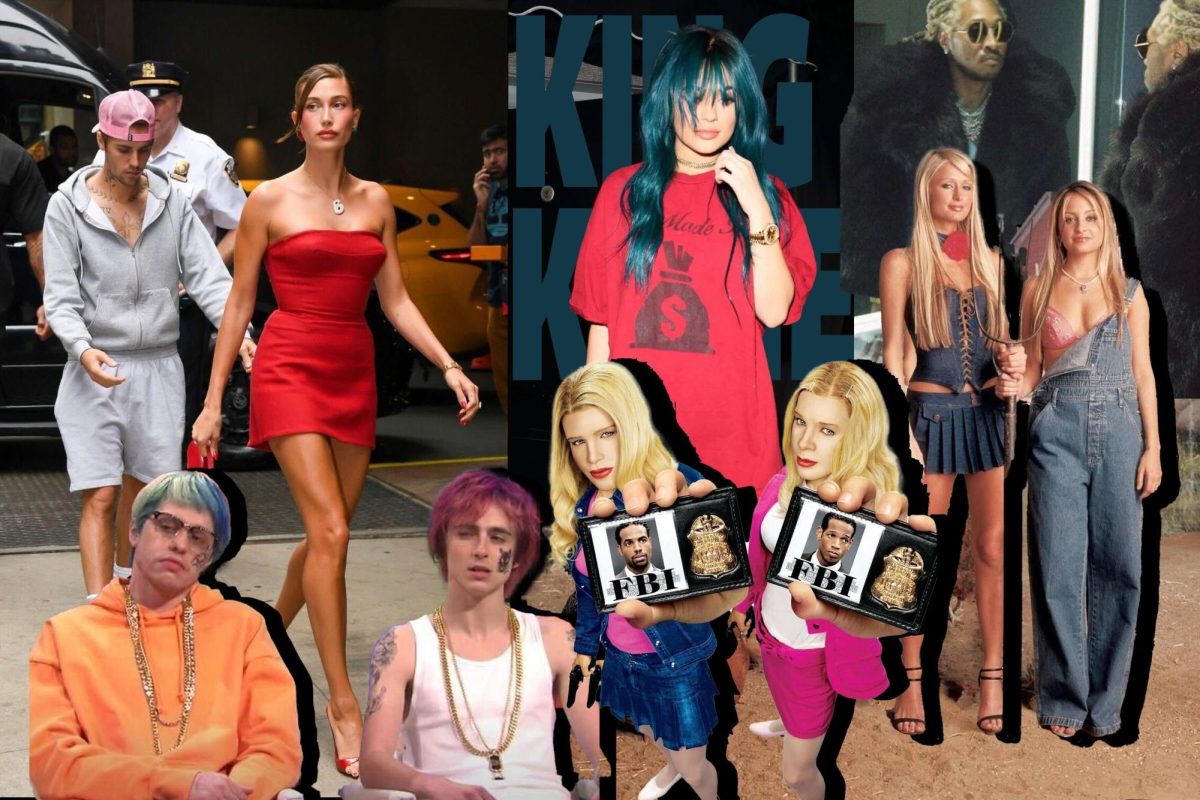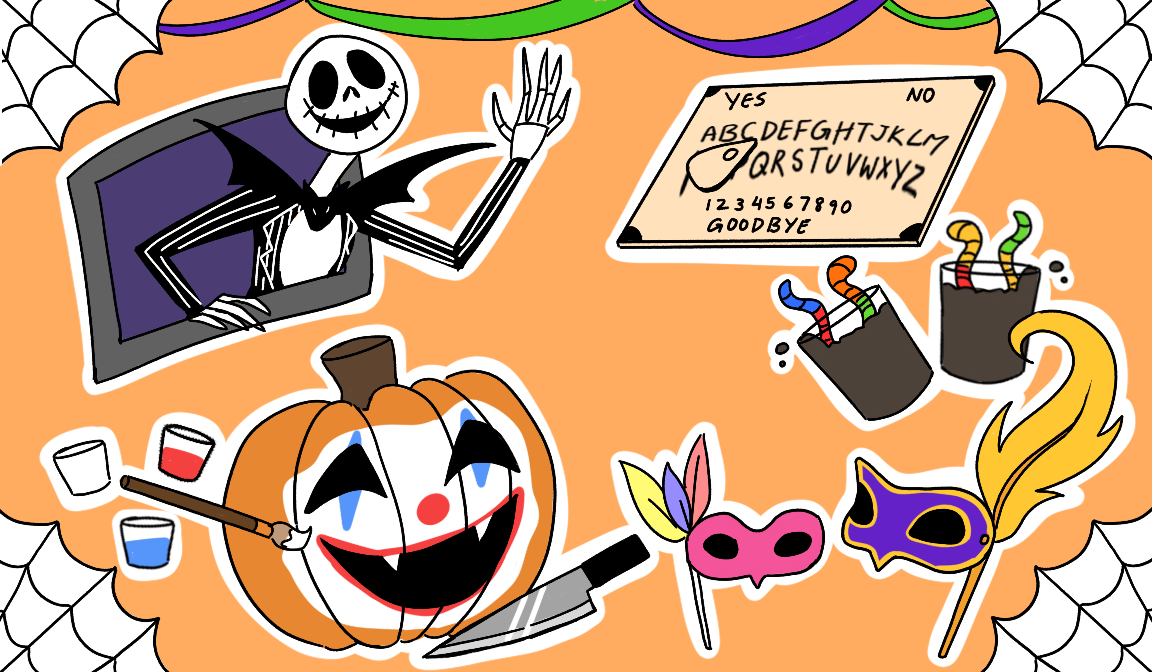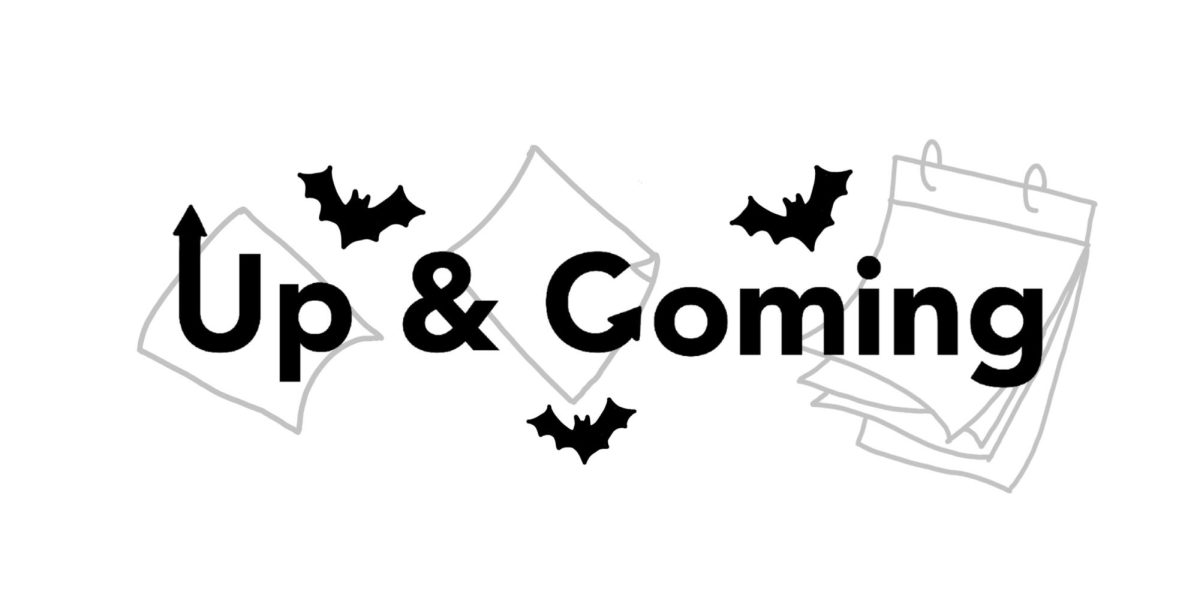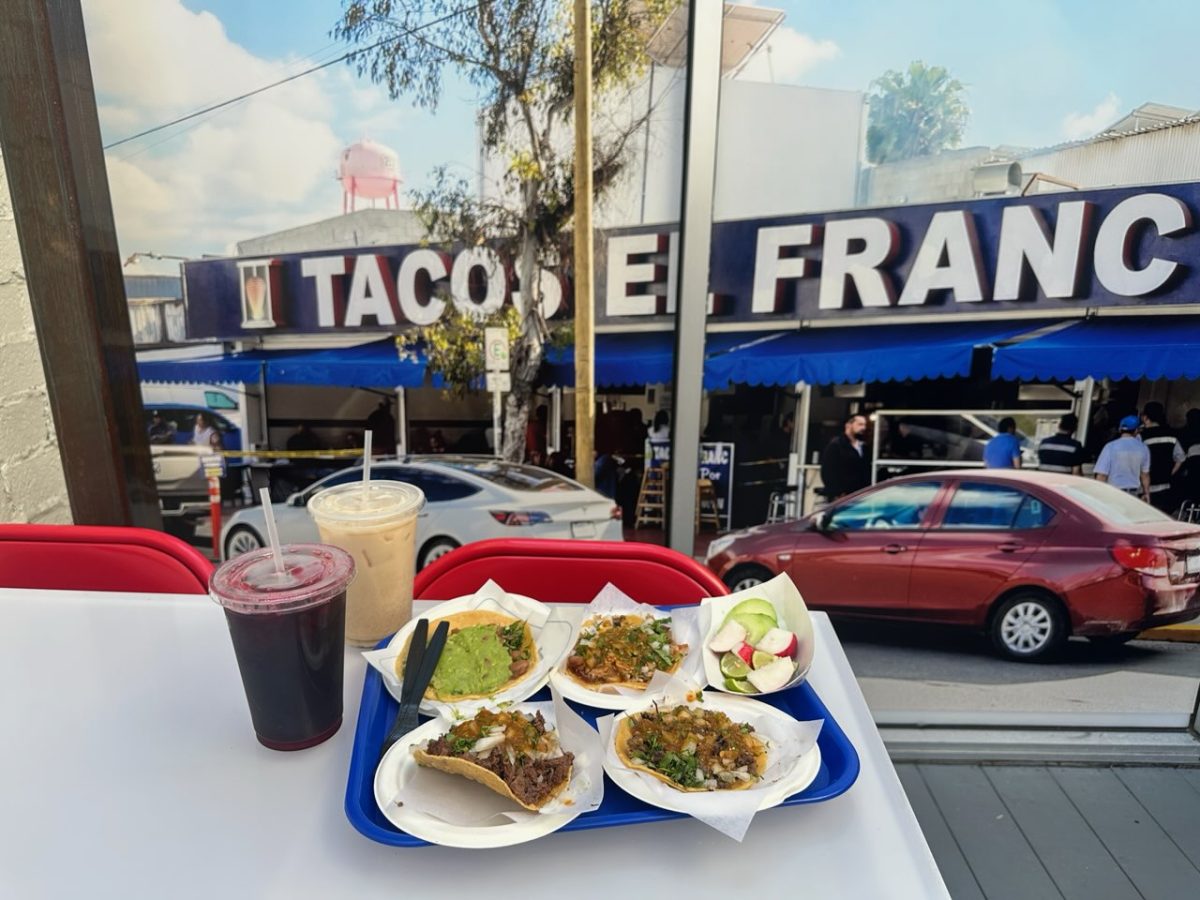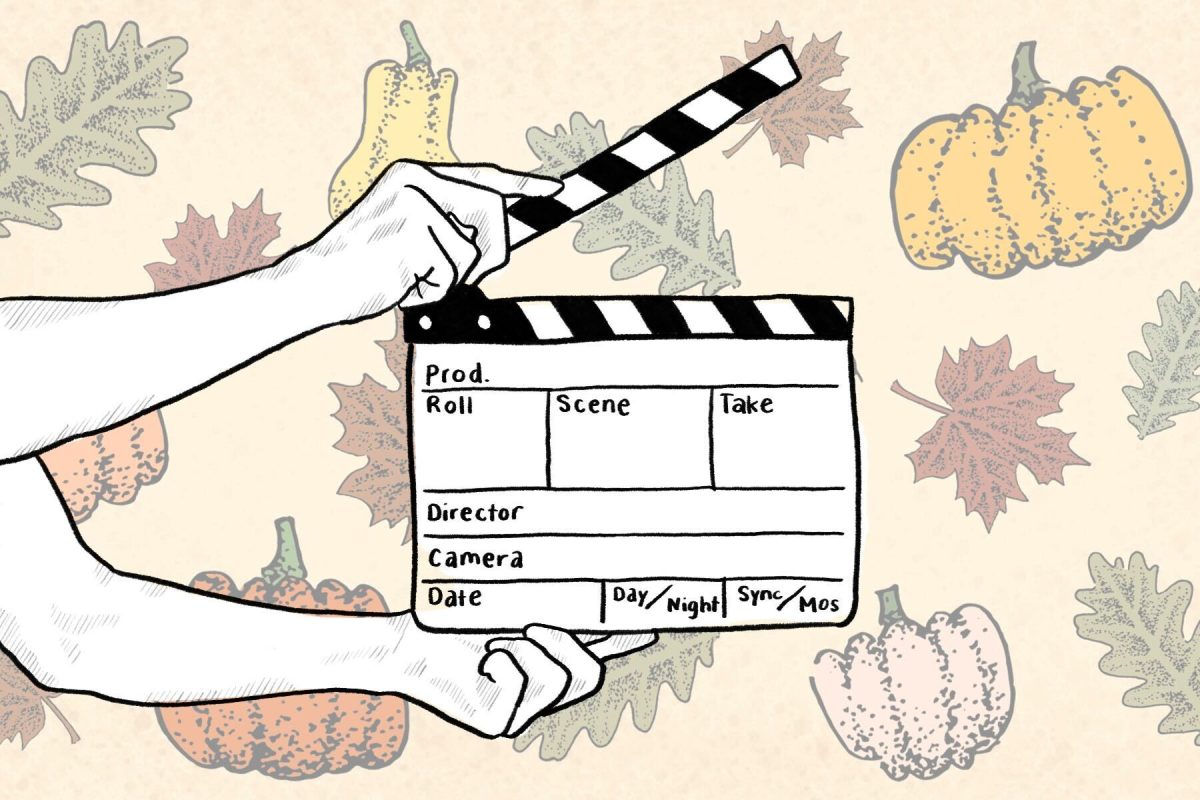“Now that you understand this pain, you must help people.”
Those were the words that Ocean Vuong’s mother said to him as she lay on her deathbed. Vuong spoke about his mother’s impact on him as he thoughtfully leaned back in his chair. I was one among 12,000 listeners privy to this intimate interview dedicated to picking apart the poet’s life and work.
“Everything was for her,” he reflected. His success, his poetry — it was all done for his mother. What did this mean for me — someone who has done everything in spite of his mother?
In the interview, Vuong revealed that his mother’s death left him reeling and temporarily unable to write. Having written for his mother his whole life, Vuong reflected on the difficulty of learning how to write for himself. In “A Letter to My Mother That She Will Never Read,” Vuong recounts the abuse he suffered at her hands as a child. The stories are messy, hateful, chaotic, and shameful. Yet at the same time, they have their moments of beauty, love, safety, and comfort. Family, I know, is always complex.
My childhood memories are also marred by instances of maternal abuse. Yet, unlike Vuong, I struggle to write about my relationship with my mother. Even writing this now, I hesitate to label it as abuse — call it a reluctance to be victimized — but looking back, there is no other word for it. The reason I had attended the event in the first place was because I related to the poet; when I read his work in high school, I felt seen in how Vuong captured this weird familial dynamic perfectly — hating a parent, yet missing them when they’re gone.
Earlier on, Vuong spoke about his Buddhist faith and the impact it has had on his work. He said his beliefs taught him a major lesson on forgiveness and helped him understand, over time, that the physical violence from his mother was deeply rooted in her wartime trauma. He argued there are no bad people, only bad attitudes and bad ideas. “The two,” he insisted, “were separate and changeable.”
I am not a Buddhist myself, but I admire Ocean Vuong for his ability to forgive. Seeing him still affected by the death of his mother, despite how she treated him, leaves me thinking of the future. I think I’m still too young to muster that much wisdom, compassion, and mercy. It takes great strength to forgive and live the burden of fault from someone’s shoulders, especially if they may not deserve it. I hope that I, too, can eventually understand that a person can be separated from their actions and learn to forgive, because I, like Vuong, want to use my memories to help others.
Read the Arts & Entertainment section’s piece on Ocean Vuong here.


